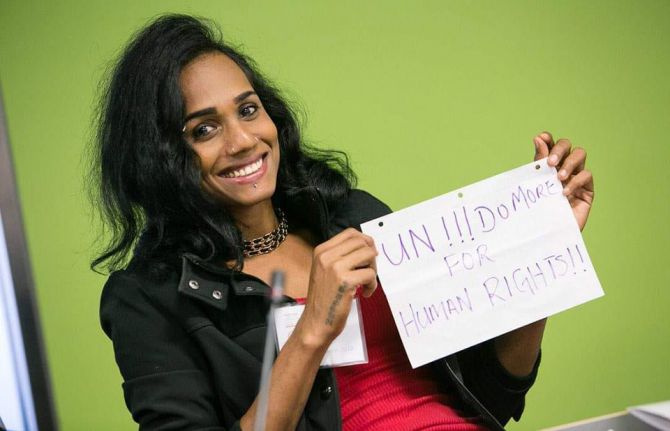
Mobilizing COVID-19 relief for transgender sex workers in Guyana and Suriname
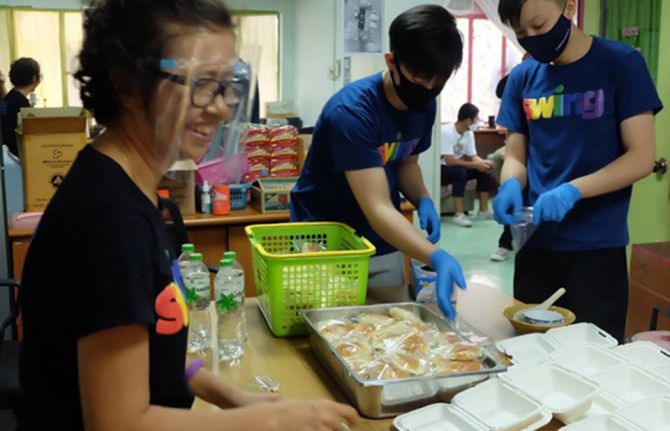
“We cannot provide only HIV services while sex workers are hungry”: Thai community organization steps in
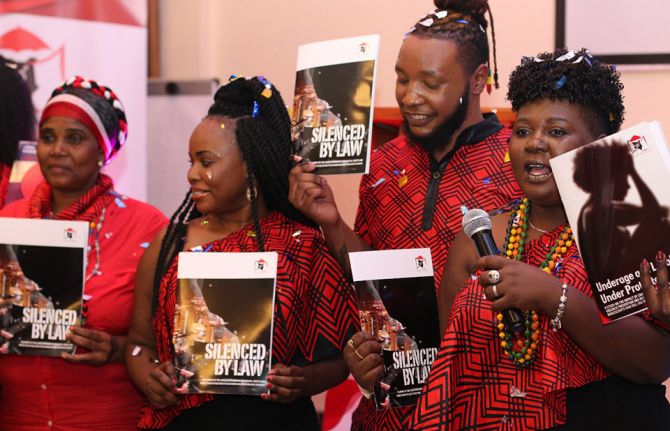
Kenyan sex workers abandoned and vulnerable during COVID-19
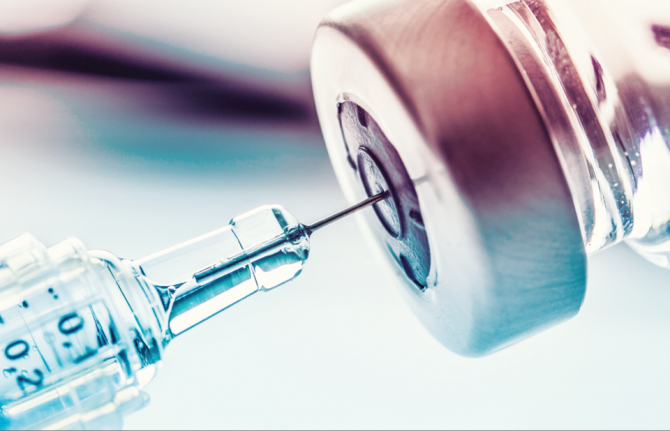
UNAIDS welcomes new tool for HIV prevention for gay men and other men who have sex with men and transgender women
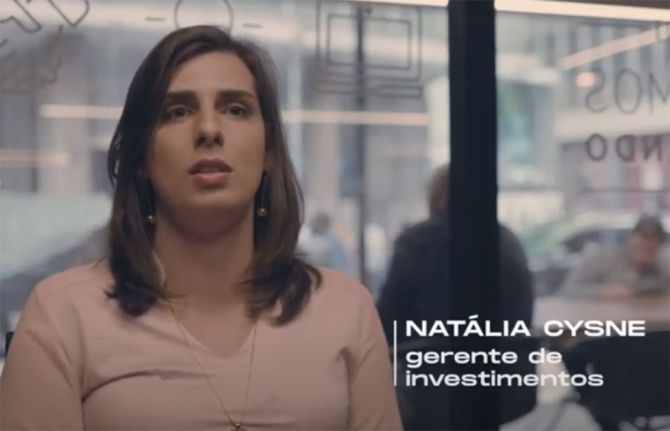
New videos highlight LGBTI issues in Brazil
UNAIDS calls on governments to stop arbitrary and discriminatory arrests of LGBTI people and to protect their human rights
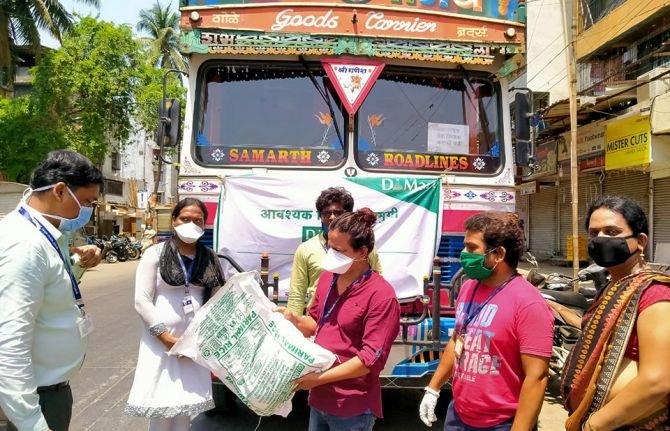
Let transgender people be in the picture
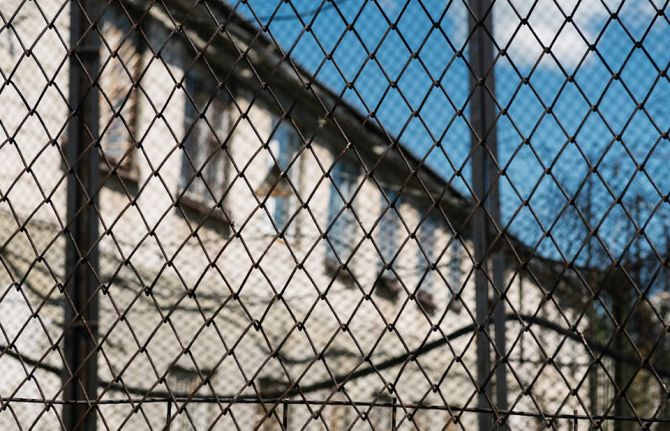
UNODC, WHO, UNAIDS and OHCHR joint statement on COVID-19 in prisons and other closed settings*
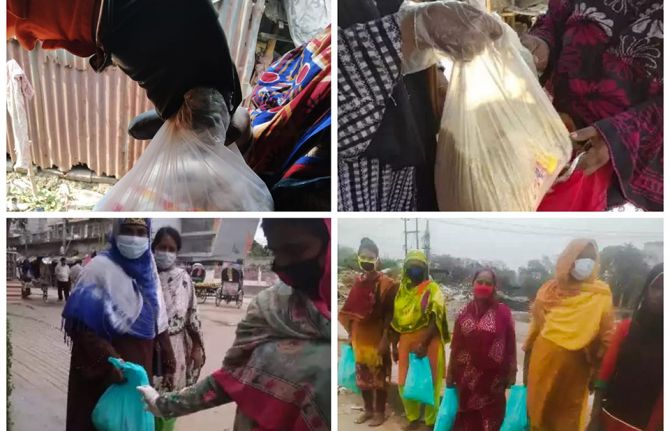
Sex workers in Bangladesh: building resilience during the COVID-19 pandemic
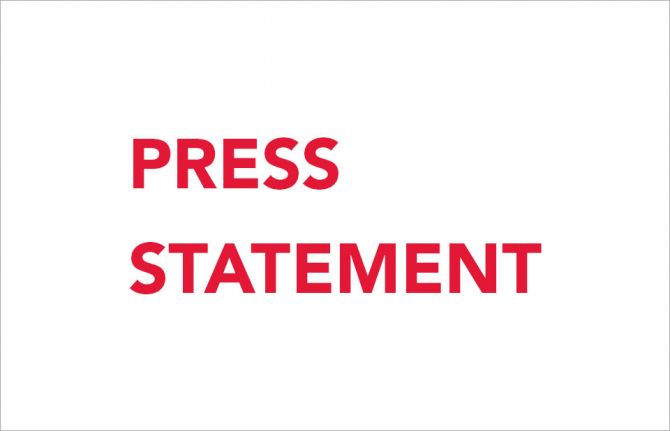
UNAIDS calls on Hungary to respect the rights of transgender people
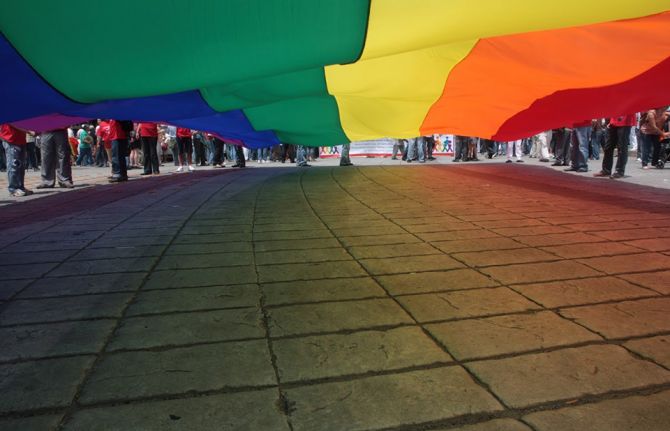
UNAIDS and MPact are extremely concerned about reports that LGBTI people are being blamed and abused during the COVID-19 outbreak
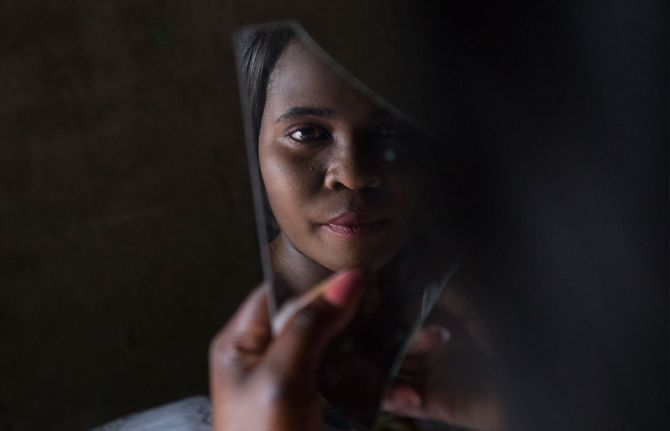
COVID-19 responses must uphold and protect the human rights of sex workers
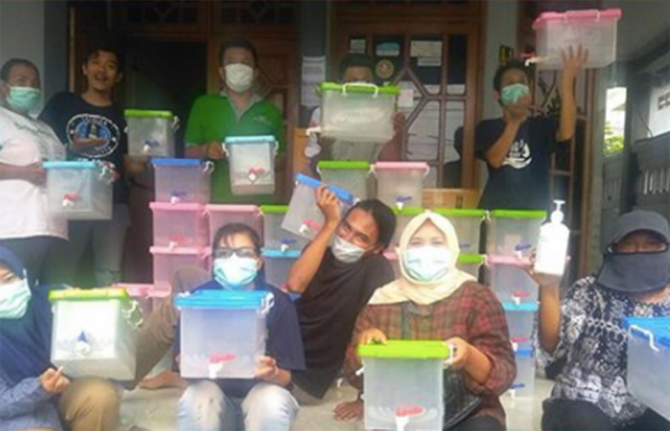
Sex workers adapting to COVID-19
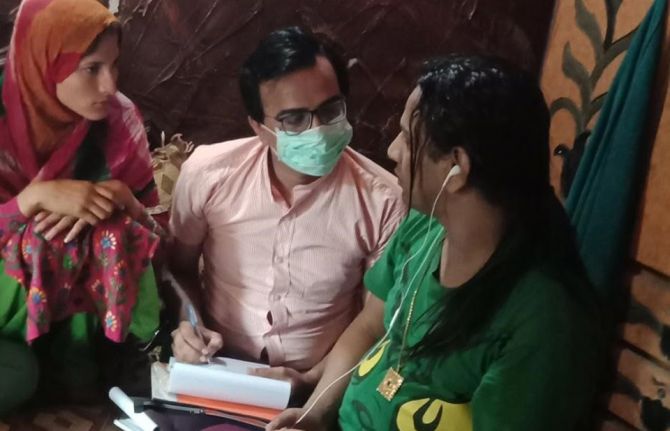
Keeping HIV treatment available in Pakistan during COVID-19
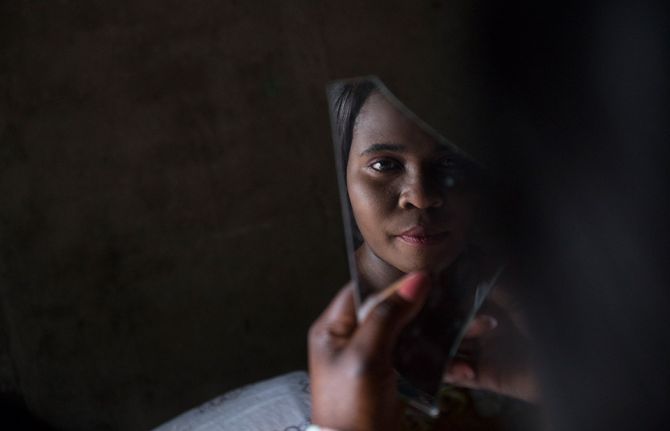
Sex workers must not be left behind in the response to COVID-19
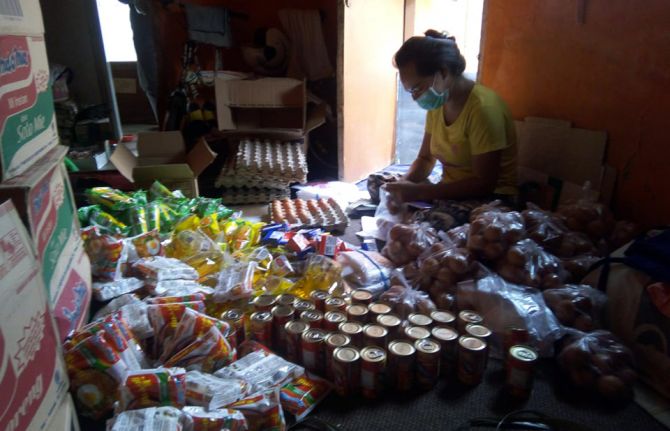
Supporting transgender people during the COVID-19 pandemic
Community members are driving the AIDS response in northern Myanmar
Mining, drugs and conflict are stretching the AIDS response in northern Myanmar
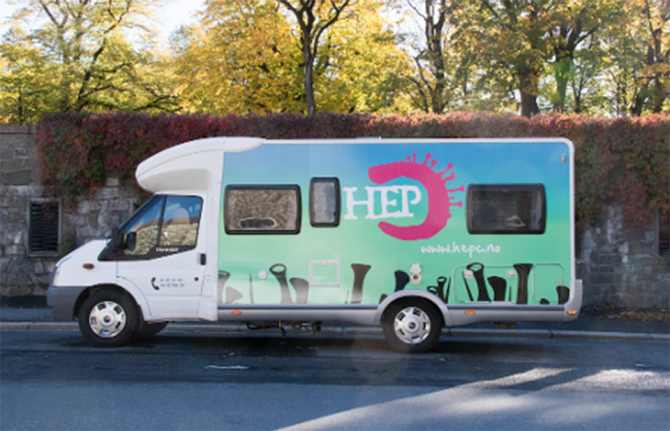
Norway’s community organizations ensuring health, dignity and rights

Getting HIV services to marginalized groups in Papua New Guinea
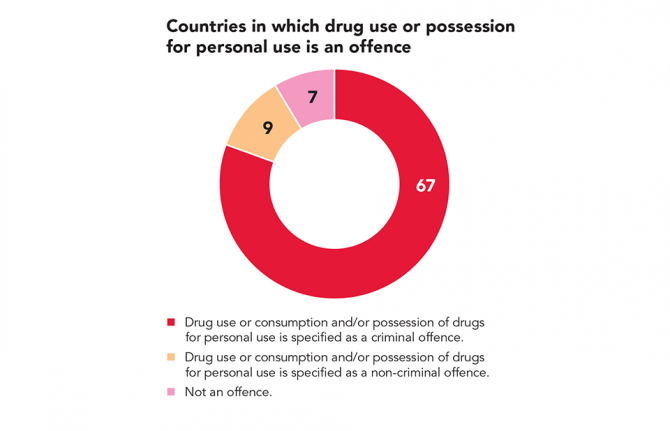
Decriminalization works, but too few countries are taking the bold step
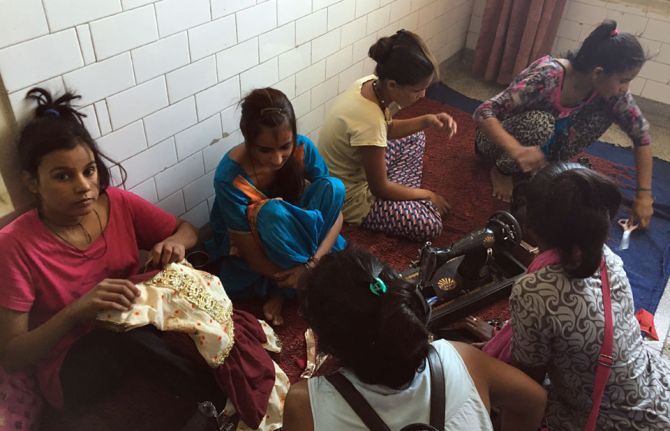
Services tailored for women who inject drugs in India
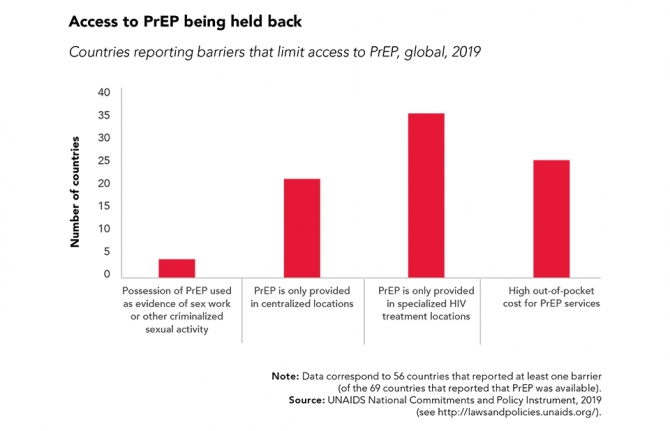
Barriers to PrEP must be removed
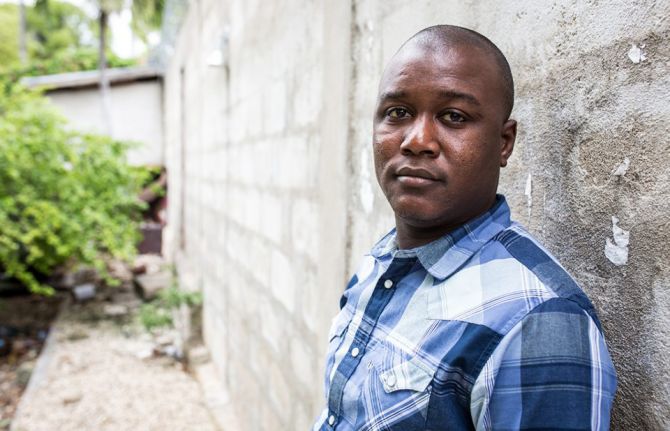
Remembering the leadership of Charlot Jeudy
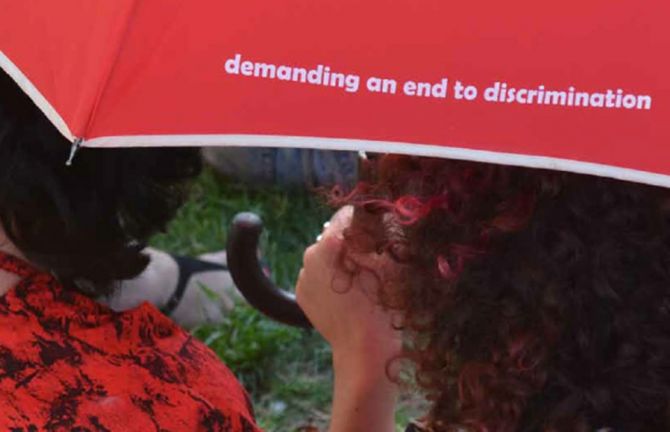
UNAIDS welcomes the decision by the Northern Territory of Australia to decriminalize sex work
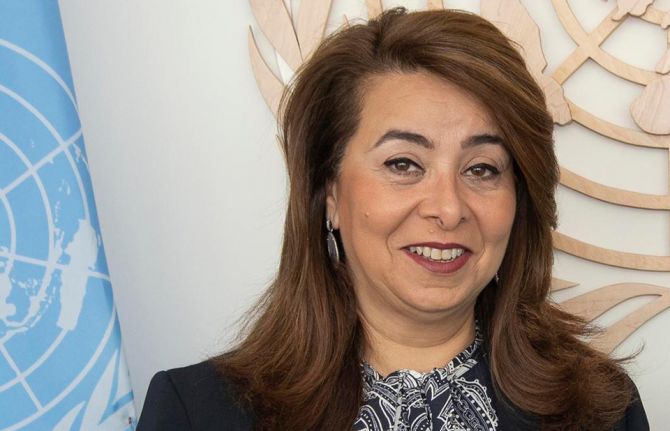
UNAIDS welcomes the appointment of Ghada Fathi Waly as Executive Director of the United Nations Office on Drugs and Crime
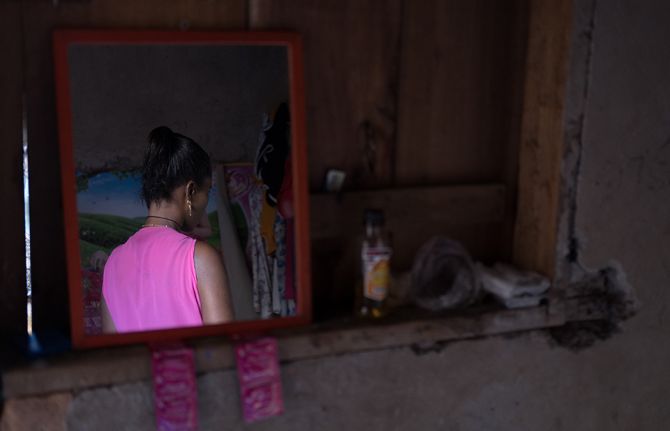
Sex workers often not accessing HIV prevention services
The power of transgender visibility in Jamaica
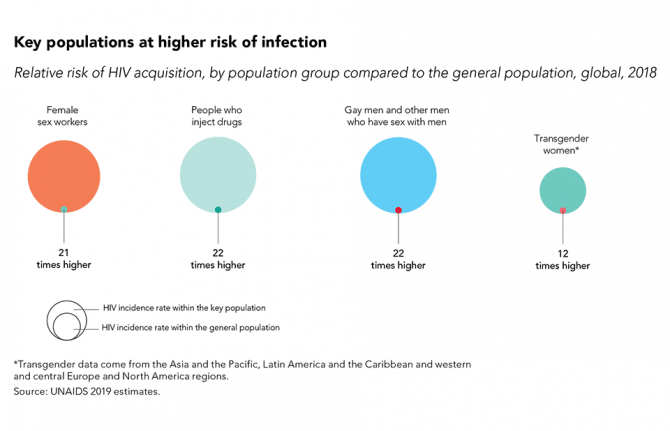
Worldwide, more than half of new HIV infections now among key populations and their sexual partners
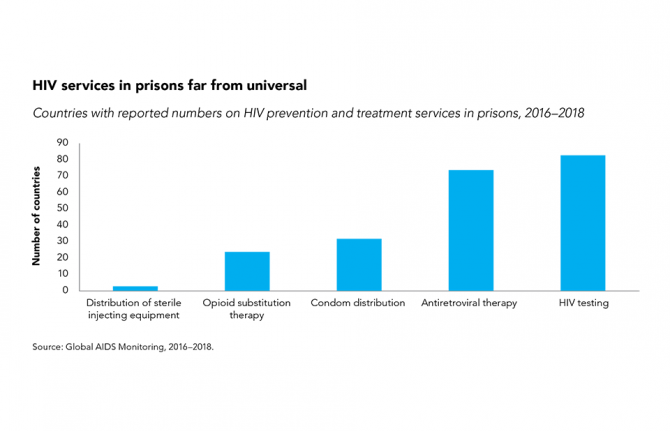
Many prisoners are lacking basic HIV services
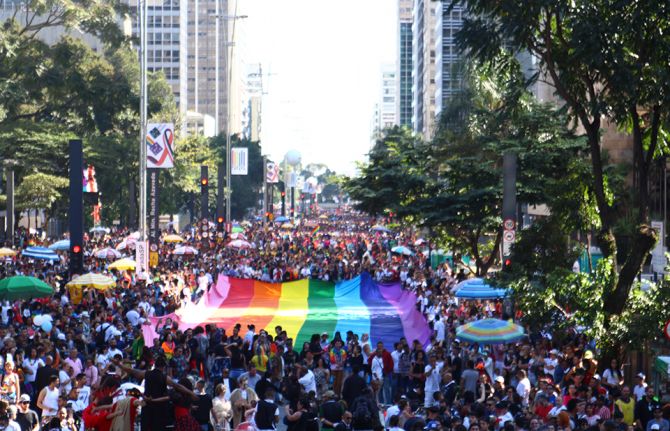
Putting HIV prevention back at the centre of Brazil’s LGBTI pride
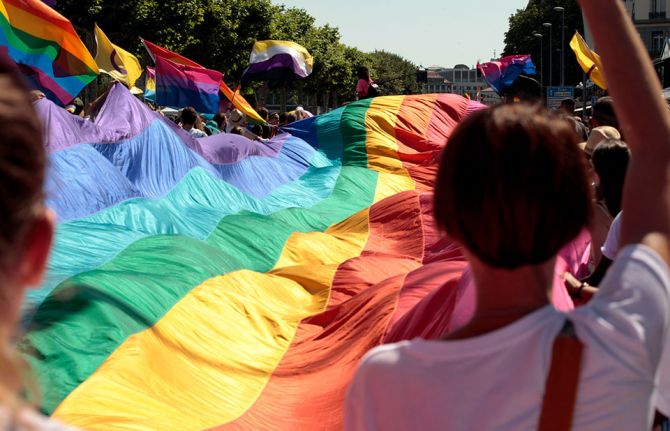
Criminalization of same-sex sexual relationships decreasing
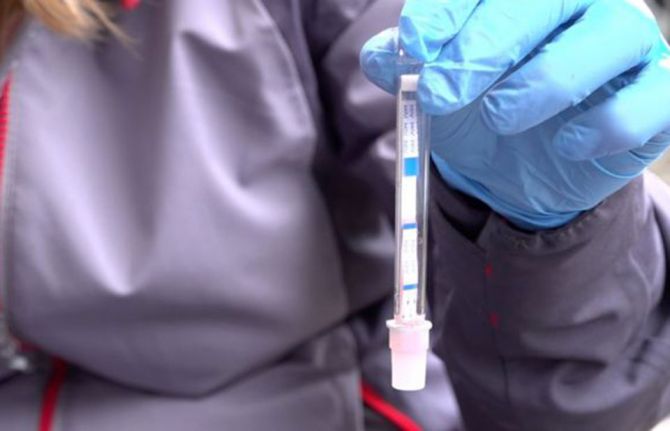
Unwavering care for people who inject drugs on the streets of Glasgow
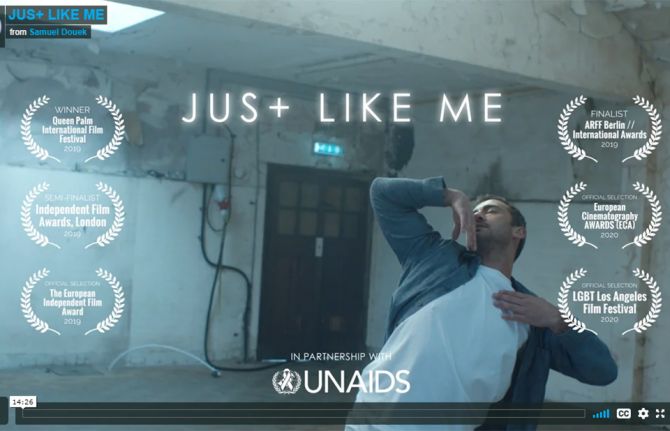
Mr Gay England brings visibility to HIV stigma
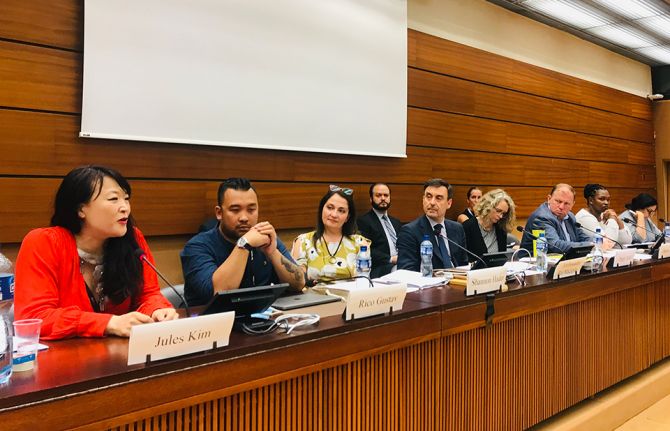
No end to AIDS without respecting human rights

Positive movement: safety, trust and services for people who inject drugs
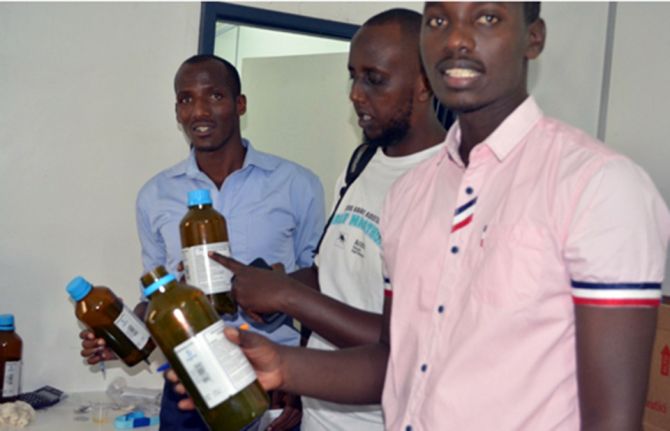
Pushing for harm reduction success in Burundi
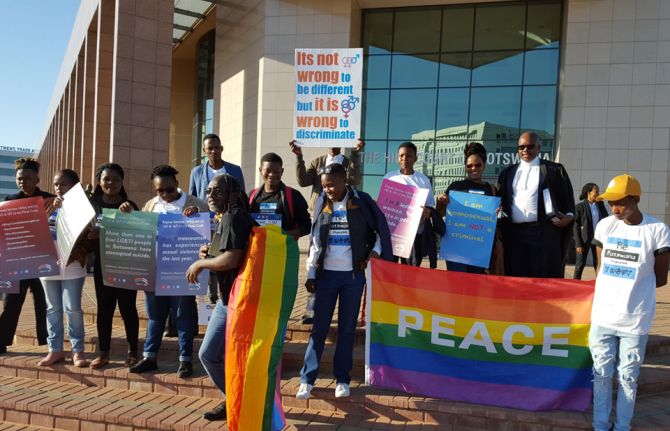
UNAIDS welcomes the decision of the High Court of Botswana to repeal laws that criminalize and discriminate against LGBT people
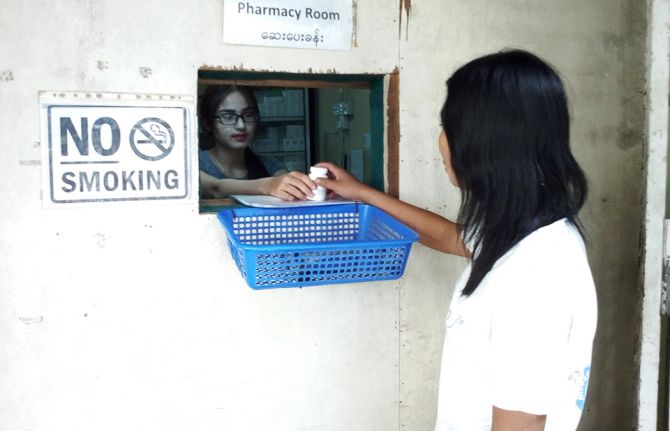
Women who inject drugs more likely to be living with HIV
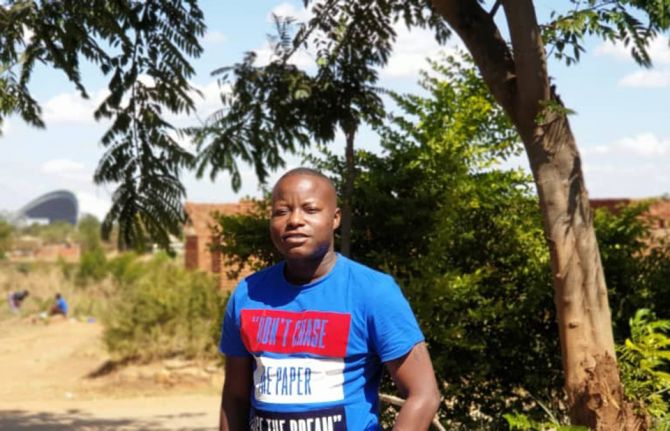
Changing the lives of transgender people in Malawi
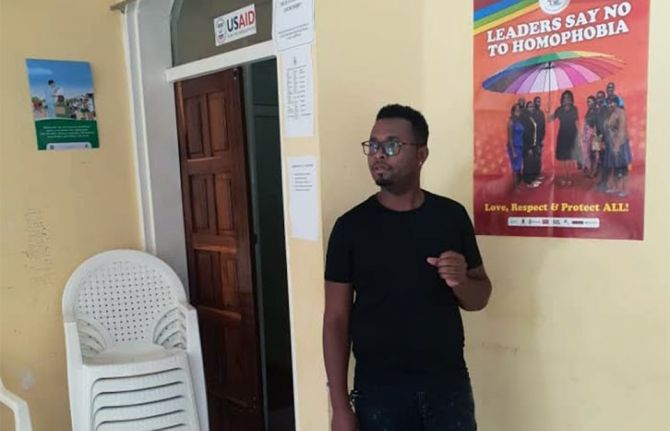
“Be the change”: creating a voice for male sex workers in Malawi
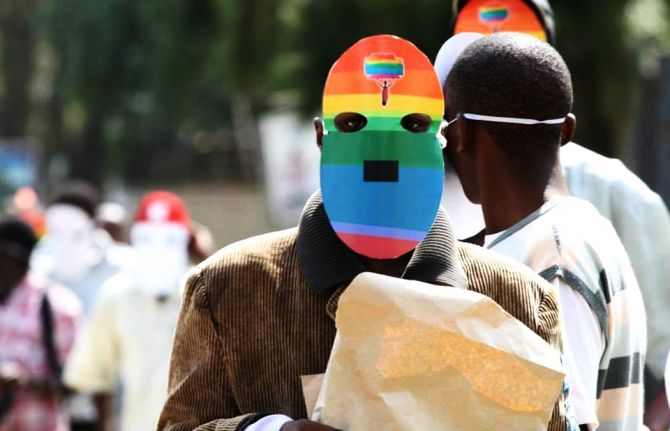
UNAIDS deeply regrets the decision of the High Court of Kenya to maintain laws that criminalize and discriminate against LGBT people
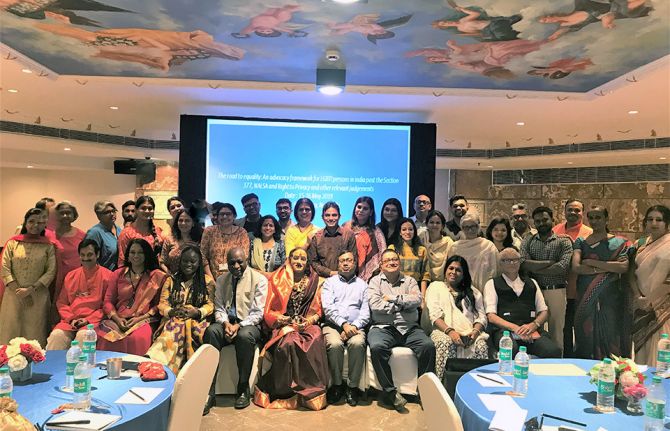
The road to equality for LGBTI people in India
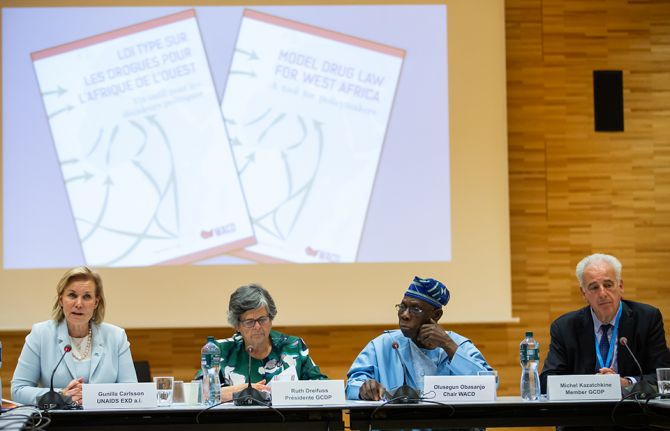
Model Drug Law for West Africa presented to ministers of health on the sidelines of the 72nd session of the World Health Assembly
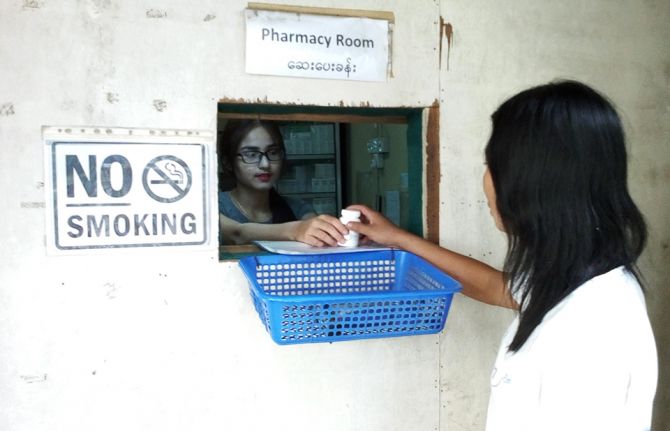
People who inject drugs falling behind in access to HIV treatment
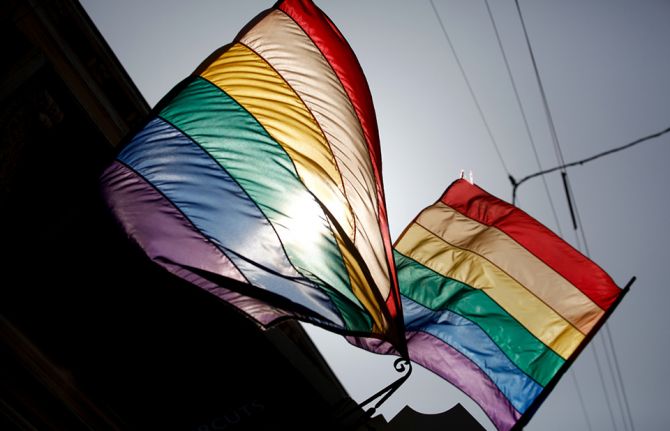
UNAIDS calls on countries to remove discriminatory laws and enact laws that protect people from discrimination
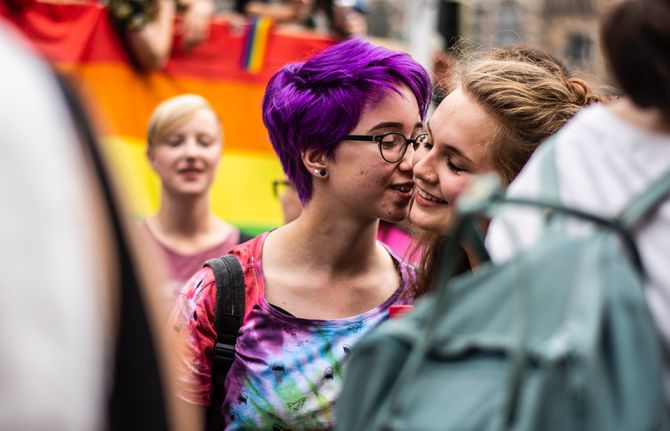
UNAIDS and the LGBT Foundation launch groundbreaking study on happiness, sex and quality of life for LGBTI people
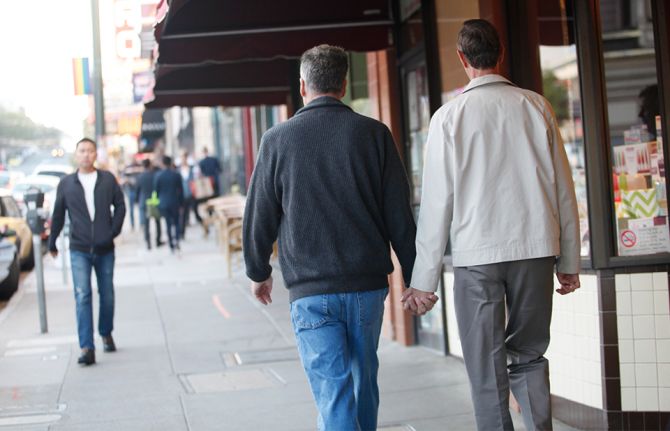
UNAIDS welcomes additional evidence that effective antiretroviral therapy stops transmission of HIV
Burkina Faso piloting PrEP
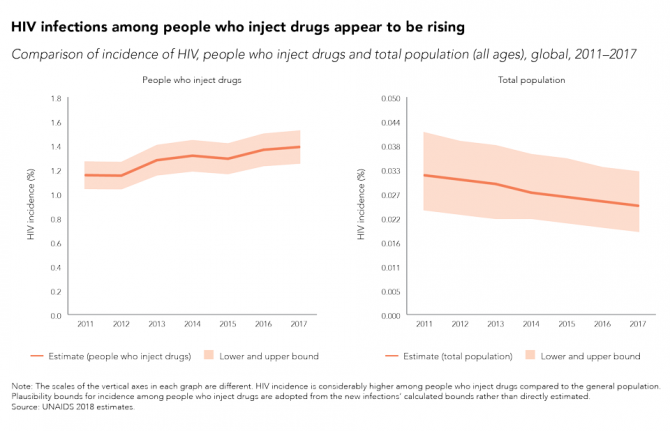
People who use drugs: still being left behind
